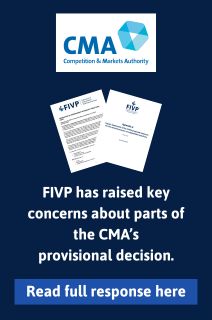
Antimicrobial resistance (AMR) is one of the greatest challenges facing both human and animal health today. As bacteria become resistant to the antibiotics designed to eliminate them, the consequences for veterinary and human medicine could be catastrophic. Veterinary practices have a critical role to play in addressing this global issue.
Responsible antibiotic use is at the heart of the fight against AMR. Veterinary professionals must ensure antibiotics are prescribed only when absolutely necessary and in the correct dosages. Educating pet owners about the importance of completing prescribed courses and avoiding misuse of leftover medications is another key step in mitigating resistance.
In addition to proper prescription practices, promoting preventative healthcare measures is vital. Vaccinations, parasite control, and good hygiene practices reduce the risk of infections in animals, thereby lowering the need for antibiotics in the first place. Veterinary nurses, through their client consultations, are perfectly placed to champion these initiatives.
Collaboration is also essential. By engaging in global conversations about AMR, adhering to professional guidelines, and sharing data, veterinary practices can contribute to a unified response to this pressing challenge.
While AMR may seem like an insurmountable issue, the veterinary profession is uniquely positioned to make a meaningful impact. Through education, prevention, and responsible practices, we can help protect the efficacy of antibiotics for generations to come — benefitting both animals and humans alike.



